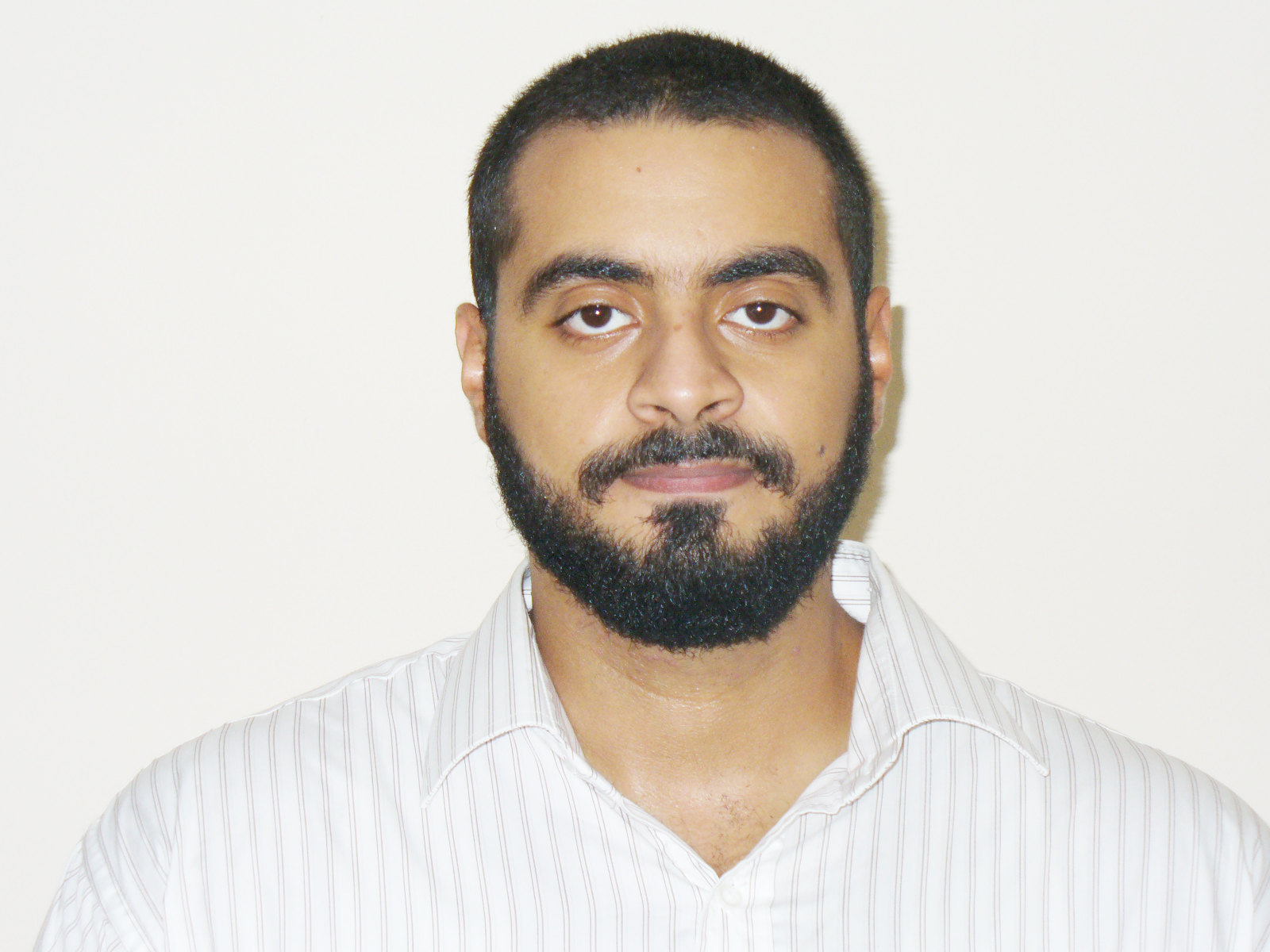
Among many secular liberalists lies a contradiction when it comes to raising Islam in debates concerning political or civil affairs. For example there is the common complaint that preachers have become very harsh or that Islamists are supposedly negating the tolerant and merciful side of Islam, but simultaneously they claim that Islam should remain more or less in the mosque. That “politics and Islam” should never mix, if so – God forbid – we are all doomed, but at the same time Islam encourages pluralism, so should it not enjoy the pluralism it encourages?
Certainly the practices of Islamists in many incidents has been less than charming and likewise the modern history of Islam has never got anywhere near the ideals it espouses. Partly the problem has arisen by Islamists not providing a coherent discourse on taking on modern challenges; the challenges that ultimately come from poor governance and lagging behind modern developments. This will change in the coming years and new discourses will be heard. (See Islamists: the Old and the New)
However, this does not excuse the argument for secularism by people who carry Muslim names and even may practice Islam in one way or another. There are many secular liberalists who still insist that they should pour their efforts in preventing Shari’a from dictating or influencing laws. Many don’t seem to comprehend the implications of secularism in Muslim majority countries or at least are not familiar with alternative discourses on this subject.
There are various aspects of Islam which are solid and clear cut when it comes to laws and regulations: what constitutes a crime and its suitable punishment; what is simply unacceptable; what should be encouraged and is good and wholesome.
Turning to divine laws in all matters is not an option in Islam, rather it is mandatory and hits the very core of Islamic faith and is part of Islamic monotheism. These are laws which are out of God’s infinite knowledge, mercy, justice and wisdom. Islam means to submit to God, and part of this submission is to return to God when there is a matter of conflict between humans. The Quran is full of verses which refer to this notion like:
“But nay, by thy Lord, they will not believe (in truth) until they make thee judge of what is in dispute between them and find within themselves no dislike of that which thou decidest, and submit with full submission.” (4:65)
“Is it a judgment of the time of (pagan) ignorance that they are seeking? Who is better than Allah for judgment to a people who have certainty (in their belief)?” (5:50)
In the preceding verses and many others, returning to God’s laws is a matter of faith and not doing so indicates a lack thereof. The matter of Shari’a and returning to God’s laws is something all Islamists agree upon. They mostly differed on how to reach the point where these laws are set in place as part of an Islamic State. All scholars and jurists of Islam have discussed these laws as a subject intrinsic to Islam. This is a reason why the masses are secular-proof. (See Islamists: from Social Movement to Reign)
However there are plenty of matters which do not fall into absolutes set by divine legislation, which are simply left for what would be deemed as best practice benefitting the public good. How to run various ministries, or what kind developmental policies should be taken are to be debated and different opinions on such subjects can be challenged. Deciding the intricate details of traffic laws is also another example. Here is when Islamic jurists should respect their specialisation in religious text and scholarship by not indulging in detailed opinions about relative matters. Relative legislative matters and policies also underline why there always will be different Islamic political parties as they will have different programmes.
Many Islamists in Egypt complain between themselves that many preachers and Sheikhs discuss political matters when they are not fit to discuss them, or exercise influence over Islamic political parties (namely Al-Nour) when they should be focused on preaching and teaching Islam. They complain that eventually these doings harm their cause. This is why many preachers have openly declared that they will not discuss politics as they are not trained in it, though they obviously speak of the general principles of Islam that apply to the political sphere.
In the long term, Egypt is unlikely to settle so long as the constitution and the legislative system do not reflect its Muslim identity – to which the second amendment of the constitution has only paid lip service. The new constitution is yet to be drafted; we shall wait and see…



